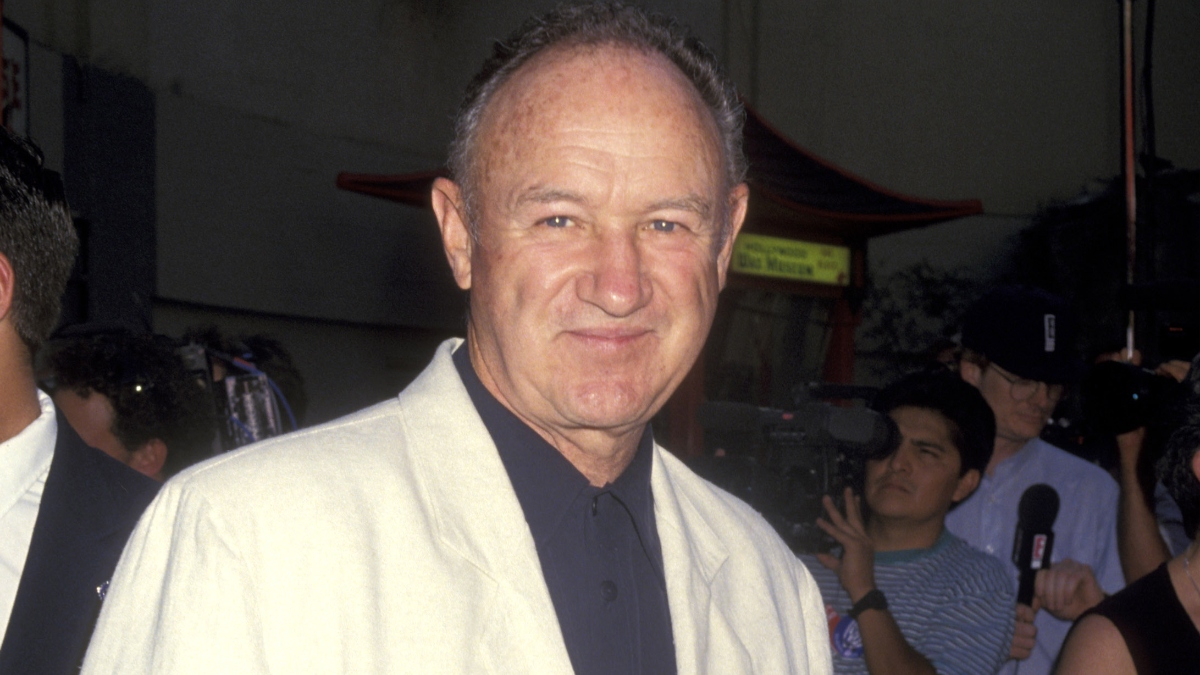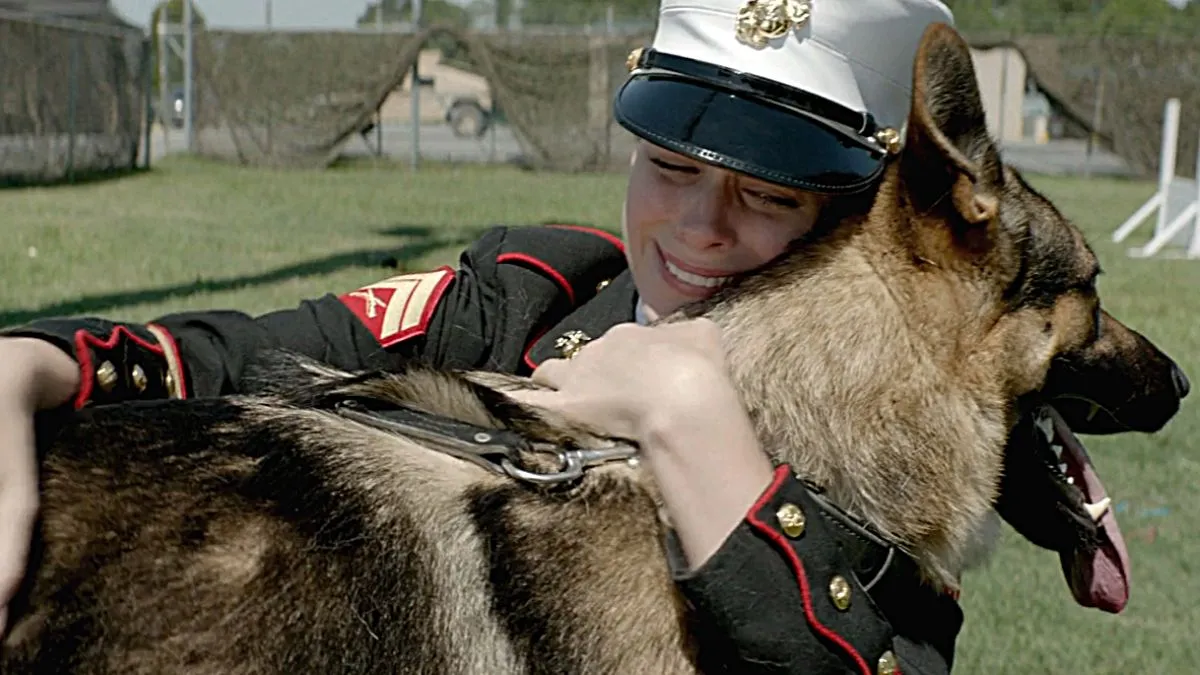Although unfortunate (only because each film is so strongly individualistic), Samuel Maoz’s film Lebanon will undoubtedly draw comparisons to Kathryn Bigelow’s war drama The Hurt Locker. The comparisons are favourable, of course.Bigelow refused political commentary in her film. She wasn’t interested in making a statement about whether or not Iraq should be occupied or not, her focus was purely the soldiers working theer and the effect war has on those involved.
Maoz managed, if possible, to do this to an even greater degree. His focus is the The First Lebanon War, in June of ’82. The first day even. I can make this claim with full confidence since I know next to nothing about this war, why who was invading where, and such as, and I didn’t skip a beat. There’s no finger wagging or propaganda whatsoever.
Where Bigelow chose to use a million angles and cameras (from rooftops, inside shops and from civilians), to portray the heat of the desert and the terror of IEDs and their dismantling, Maoz chose to use the claustrophobia, and sweltering sauna of the inside of a tank to portray the horrors of war. And the inside of the tank is where the camera remains for the film’s entire run time.
Although Maoz does allow the audience to see what the soldiers are seeing through oscilloscopes and night vision, the majority of what Maoz wants to show us happens on the faces of four young men, strangers to each other, thrown into the belly of this tank. They’re accompanied by the smell of the dead they’re forced to carry to extraction points, by the urine held in boxes and by the oil seeping out of damaged parts of the tank, nicknamed Rhino.
If one of the four young men in the tank were to be chosen as Maoz’s focal point, it would be Shmulik, the rookie trigger man charged with more responsibility than his young mind can handle. In one of Lebanon‘s first scenes, Shmulik hesitates when ordered to shoot. His delay causes the brutal death of a fellow soldier, marking the beginning of a serious internal conflict that seems to radiate to the rest of his team.
The plot feels unusually heavy in its solemness, but never artificially so. This feeling is compounded by the fact that, in the real world, Shmulik would grow up to write and direct this film.
True profundity is a rare trait of films these days, but after walking out of Lebanon, that’s what I felt. I knew I had experienced something outstandingly discerning. This feeling was reinforced by the remarkably forceful, and wordless final scene. This particular moment in the film is carried out with such subtlety and the disgust it invokes is directly juxtaposed with the beauty of the filmmaking and the empathy it calls for. The resulting effect elicits such a raw emotional response and I felt quietly troubled as the credits started rolling.
Francois Truffaut once claimed making an anti-war film was impossible since any film would make the situation seem exciting. Lebanon may not exactly be anti-war, but nothing about it glorifies, or idealizes any aspect of it.
This is certainly one of the best war films I’ve ever seen. Maoz, who experienced these things himself, seems bent on portraying war as pragmatically as possible. Be prepared to witness some intense violence, language, and graphic images.








